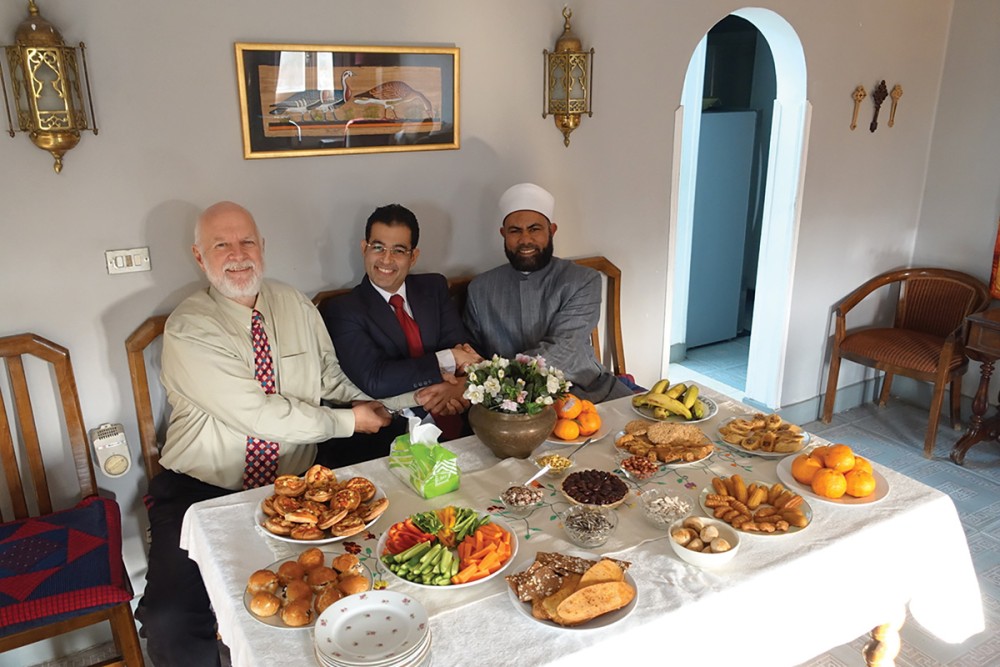In Cairo, I sat in on a scriptural reasoning group with Christians and Muslims
Moving beyond amicable consensus to productive discomfort

Early in 2020, before international travel became impossible, my wife and I visited friends who work on interfaith relations and theological education in Egypt. While there we had an unexpected opportunity to sit down with a group of Muslims and Christians for intensive study of our sacred scriptures.
Around the turn of the century, the practice of “scriptural reasoning” or “textual reasoning” was being promoted by theological students and faculty in North America and Europe. David Ford, Peter Ochs, C. C. Pecknold, and others built a tradition that continues in small groups and academic conferences around the world. In the West the initiative began with Jewish-Christian dialogue, later reaching out to include Islam as well. In the contexts in which I became familiar with it—from the reports of colleagues who worked in Bangladesh, during a visit to Oman, and then in Egypt, none of which has a significant Jewish presence—it is a Muslim-Christian collaborative venture.
While staying in Cairo we were invited to serve as hosts for a group that has gathered every month or two for a few years. It’s coordinated by Naji Umran, a Canadian pastor in the Christian Reformed Church in North America who has served in Egypt for the past 10 years, and his Muslim colleague Hany al-Halawany, a lawyer and interfaith activist. We had been offered the use of a spacious apartment by American church educators Steve and Frankie Wunderink while they were away, a welcoming space for our conversation. Hoping we could emulate the warm hospitality we encountered in every Egyptian home and office we visited, we explored all the fruit shops and bakeries of Abaseya, our bustling central Cairo neighborhood, and laid a table with tropical fruits and Middle Eastern pastries.




